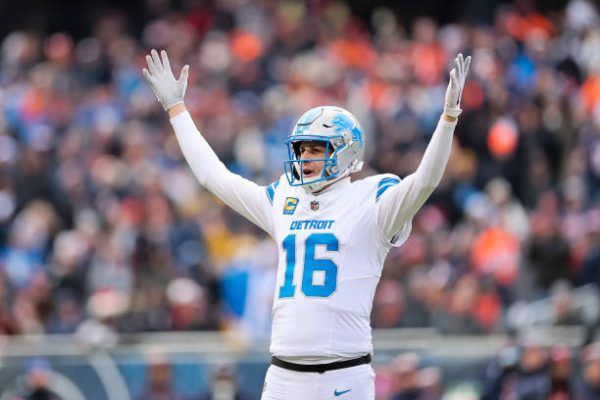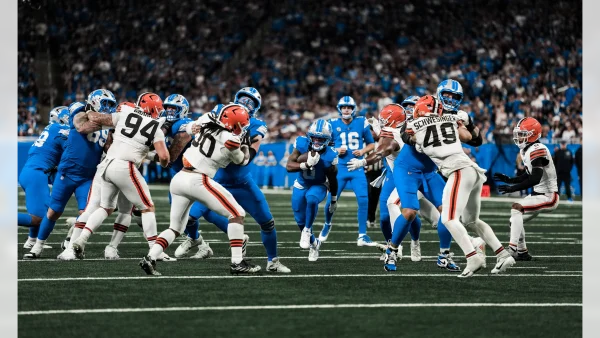The absurdity of rankings
COMMENTARY
Just do it already. I know you want to. You are going to try and place this column in order of how it ranks with my others. It’s not your fault. You can’t help it. You have been conditioned by society to rank anything and everything in all aspects of life. Nowhere is this more evident though than in the wide world of sports.
From endless top 10 lists to countless comparisons of “the next Michael Jordan” to the original, the sports world is addicted to ranking and comparing players.
It isn’t enough to say that Peyton Manning is one of the greatest quarterbacks ever — we need to know exactly how he ranked compared to the other great quarterbacks. Was he better or worse than Dan Marino and by how much?
Every player, every team and every play has to be ranked according to the others in its category because it is imperative that we all know which one is the greatest of them all.
I have been aware of this phenomenon for some time, but recently I have been pushed over the breaking point of my ability to put up with it.
Recently, Adrian Peterson of the Minnesota Vikings ripped off an impressive touchdown run, even by his standards. In an interview with Sports Illustrated, Peterson was asked how this run ranked with all his others. Why would it matter? It’s because we’re all addicted.
Television’s “Best Damn Sports Show Period” has countless top 50 shows examining the best catches, plays, and hits of all time. ESPN ran a show for a number of years entitled “Who’s Number One?” with a similar concept.
Oakland University’s men’s basketball team was ranked first in the preseason Summit League poll. Why is there even a poll? What purpose does it truly serve with no games to base the voting upon?
And why does ESPN run a college football preview for the following season the day after this year’s champion is crowned?
Now, is there a time and place for putting plays, teams, or individuals into an ordered ranking? Of course there is.
The line is crossed, however, when show after show, and article after article is giving their two cents on who and what is “the best ever” and why this is so.
Why can’t analysts just say that Kobe Bryant is going to be one of the best players of all-time instead of constantly relating each difficult shot he makes to something that, “only Kobe and Michael Jordan can do?” It’s a different league now; one in which Bryant tells the referees when he was fouled and not the other way around.
There is rarely a valid one-for-one comparison to be drawn. There are so many variables that go into the equation when determining superiority.
Even soccer, the greatest sport on earth (that’s right, I said it) is prone to such proclamations and comparisons and it is driving me to insanity faster than WNBA is drifting into obscurity.
Every time a team wins a championship they are likened back to the last time that team won a championship and the pundits are left to discuss which team was better.
For example, when Manchester United won championships 10 years apart, only three players were members of both teams. And yet the question was raised: Which one of these mostly incomparable teams was best?
We in the sporting community need to stop watching Lebron James to see if his next slam dunk makes him the greatest ever. We need to appreciate athletes, teams and plays for their inherent individual greatness.
You can enjoy the current Boston Celtics for Kevin Garnett’s animalistic tendencies and Ray Allen’s delicate shooting touch and not compare them to great Celtics teams of the past. Appreciate Alex Ovechkin for his unmatched goal scoring prowess and hockey enthusiasm, and not reckon every great play he makes to players from another era. Take joy in watching soccer star Lionel Messi’s unique abilities and not because you want to see if he is better than Cristiano Ronaldo.
Let the highlight moments speak for themselves and revel in their current glory instead of putting the focus on what they are not.




